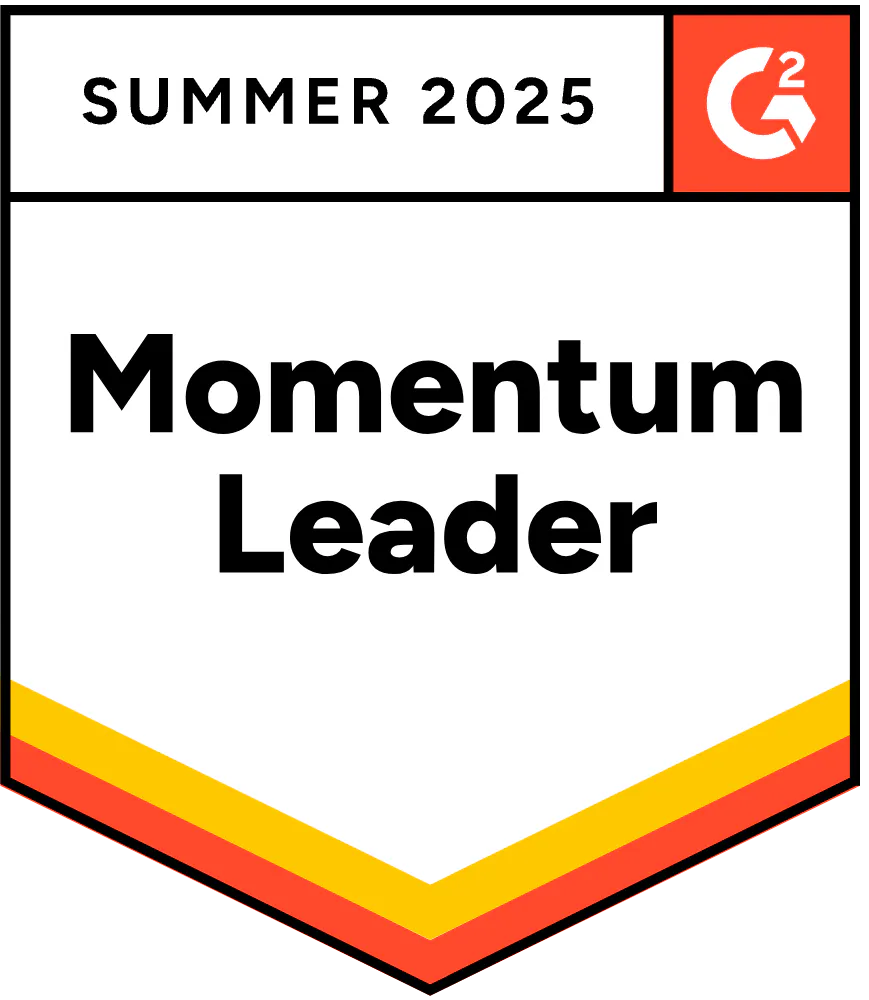What are the qualities of an effective maintenance planner?
An effective maintenance planner has clear communication skills, a sound knowledge of maintenance and workflow processes, and strong technology skills. They’re also focused on making sure their planning and scheduling practices uphold your facility’s reliability.
Relevant skills
Specifically, these skills are central to being an effective maintenance planner:
- Communication – Your planners should be able to work with people at all levels in your organization, train technicians, coordinate with storerooms, etc.
- Computer skills – Particularly with your CMMS.
- Proactive – They make decisions about what work requests to approve, how to prioritize tasks, and so forth, so they need to be fairly independent.
- Maintenance process savvy – They need to understand the technical aspects of maintenance work in order to plan effectively.
The best maintenance planners have a good bit of experience performing maintenance work themselves (one to two decades). This experience gives them insight into how to plan and prioritize tasks.
Sound planning practices
Beyond the raw skills listed above, an outstanding maintenance planner will have a sound understanding of best planning practices. Those would include the following:
- Using data to inform decisions
- Making sure needed materials are available on site
- Visiting jobsites (maintenance planning isn’t an office job)
- Prioritizing tasks that support key components of your processes
- Working with operators to keep them on the same page
- Making continuous improvements
A planner who focuses on best planning practices removes roadblocks to maintenance teams, effectively helping them become more efficient.
Focus on reliability
Perhaps above all else, an effective maintenance planner is focused on reliability. Virtually everything your maintenance technicians do and how quickly they can get it done depends largely on your planner. If they’re focused on maintaining your assets’ reliability, you’ll have more jobs planned that actually uphold that.
As a result, your equipment will be better maintained and brought online more quickly after outages. Interruptions to your production processes should become fewer, and those that do occur won’t be encumbered by unnecessary delays. Overall, you should be able to see productivity increase.
Want to keep reading?
What are some maintenance planning best practices?
What Is Planned Maintenance? | 6 Benefits & Workflow
What does a facility maintenance technician do?
4,000+ COMPANIES RELY ON ASSET OPERATIONS MANAGEMENT
Leading the Way to a Better Future for Maintenance and Reliability
Your asset and equipment data doesn't belong in a silo. UpKeep makes it simple to see where everything stands, all in one place. That means less guesswork and more time to focus on what matters.

![[Review Badge] Gartner Peer Insights (Dark)](https://www.datocms-assets.com/38028/1673900494-gartner-logo-dark.png?auto=compress&fm=webp&w=336)
